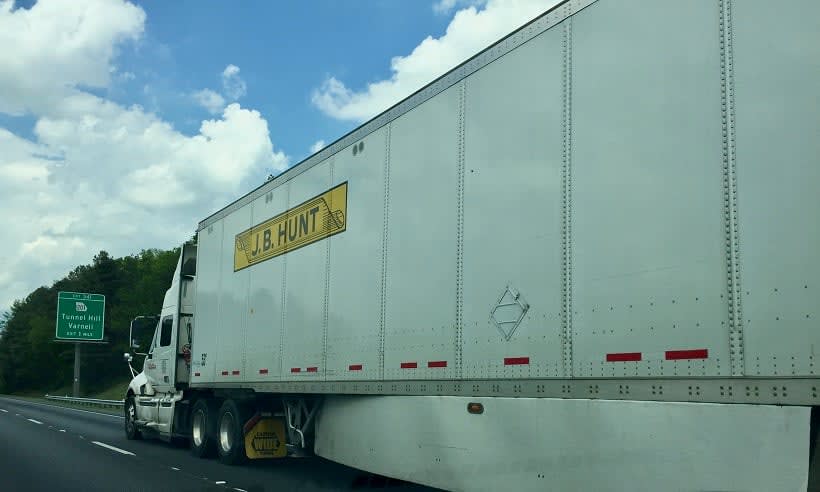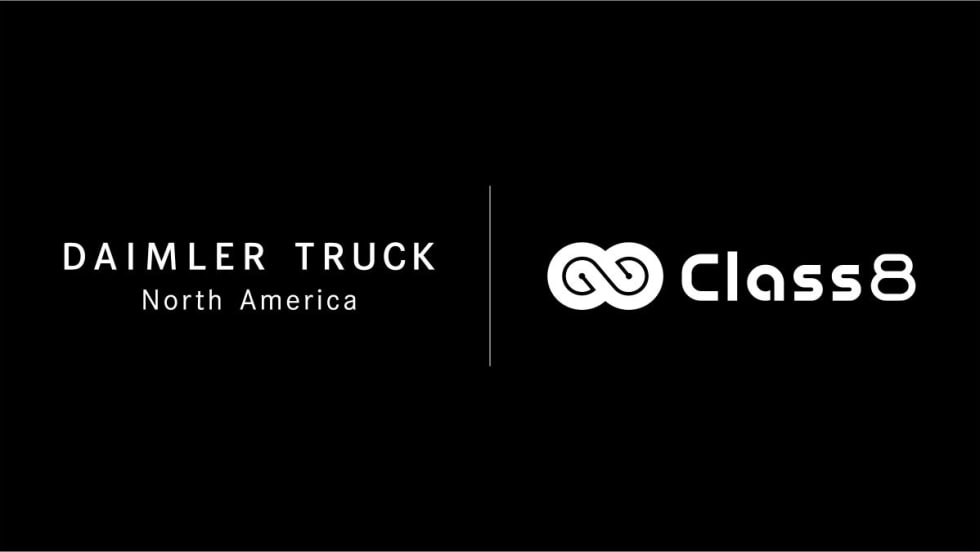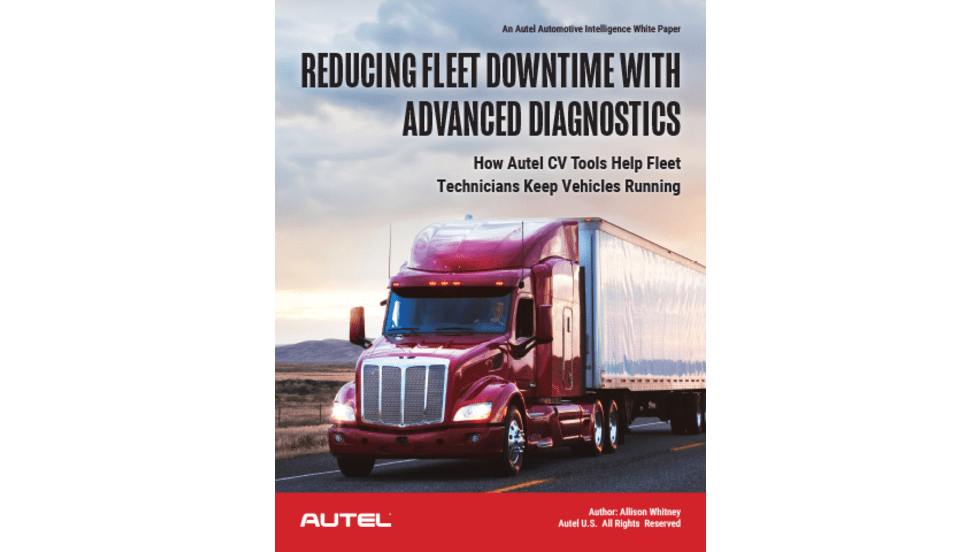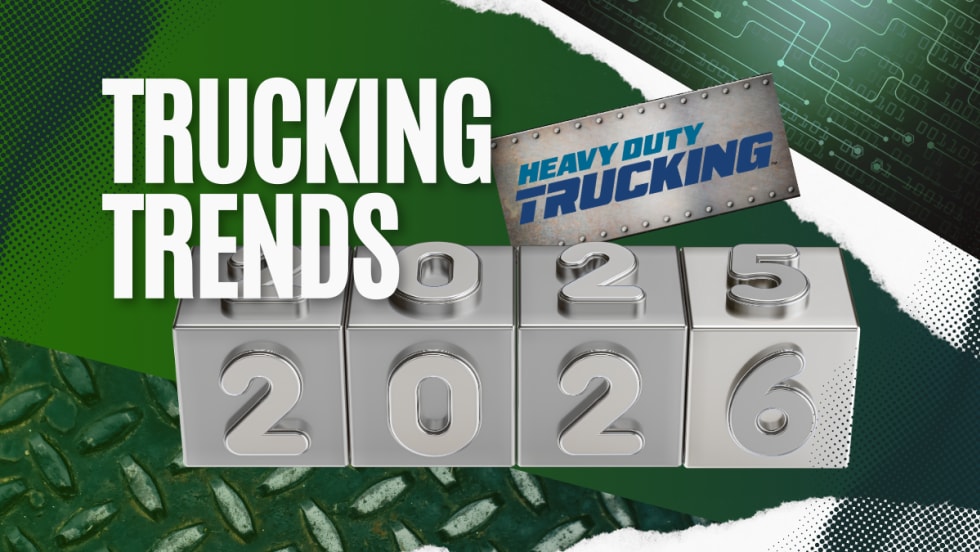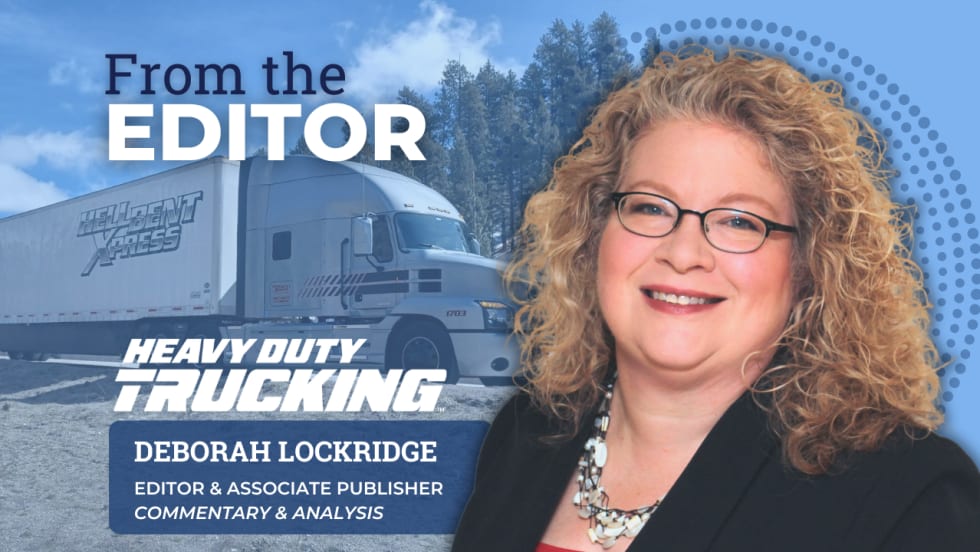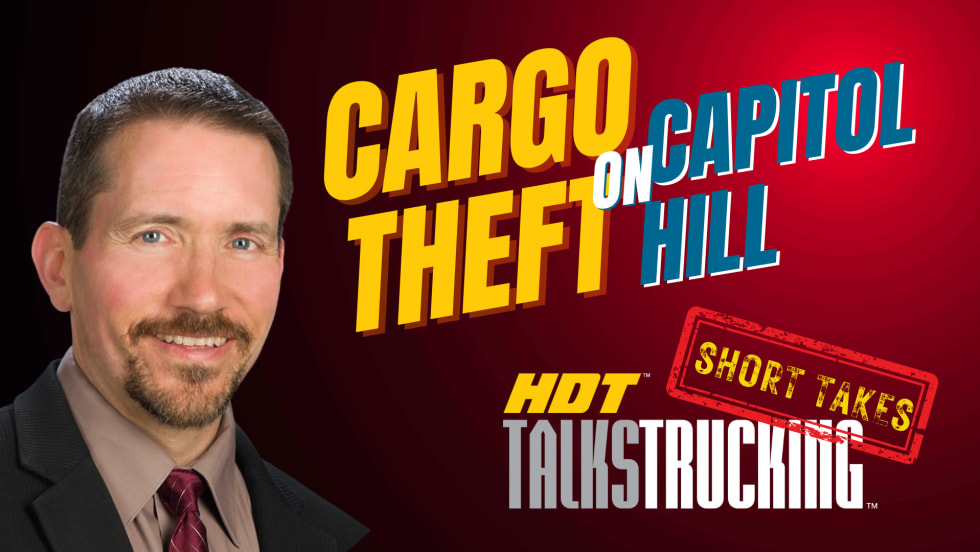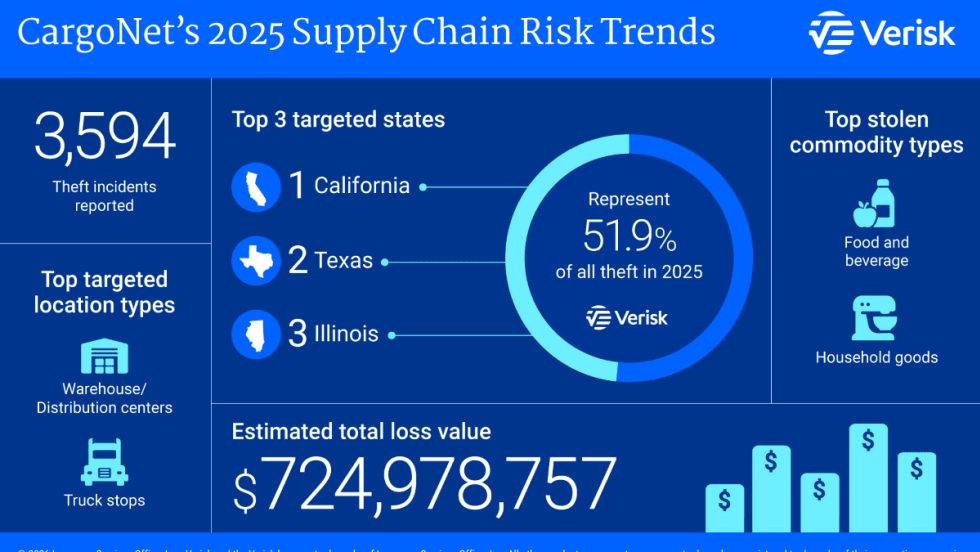J.B. Hunt Transport Services, Lowell, Arkansas, announced fourth quarter net earnings of $88.7 million were down compared to last year’s $385.3 million, but revenues were up for the year by 20%.
Fourth quarter net earnings were affected by pre-announced pretax charges of $134 million related to ongoing arbitration with BNSF Railway. Revenue for the quarter was $2.32 billion, up 15% compared to $1.99 billion in the fourth quarter of 2017 and slightly above analyst's expectations. But operating income for the quarter fell to $122.7 million compared to $145.8 million for the same quarter of 2017. Earnings per share for the quarter of 81 cents were down 77% year-over-year and significantly below what analysts expected.
For the entire year, J.B. Hunt reported revenue (including fuel surcharges) of $8.61 billion, up from $7.19 billion in 2017. Net earnings for 2018 were $490 million, down from last year's $686 mmillion.
“J.B. Hunt posted solid 4Q18 results with an optimistic view of 2019," market analysts at Stifel commented in a note to investors, saying the company "benefited from a healthy yield environment and even started adding incremental trucks to their dedicated and truckload fleet. In light of these results and Knight-Swift's positive trucking commentary this week, we expect investors to look more favorably at trucking/intermodal names.”
The company reported a 16% increase in revenue per load in intermodal, which contributed to a 15% increase in segment revenue.
The benefit from increased revenues was partly offset with cost increases in rail purchase transportation, including that BNSF charge, along with higher driver wages and independent contractor rates per mile, outsourced intermodal dray, increased driver and independent contractor recruiting costs, and higher salary and wage expenses for non-driving personnel.
Rick Paterson, an analyst from Loop Capital, told HDT that a key takeaway from the earnings call was the strength in intermodal pricing, which is expected to exceed truck pricing growth in 2019.
“Looking forward, management stated that, although it's still early in the bid season with about 20% of the business priced, JBI is achieving high-single-digit price increases, excluding fuel surcharges, which are also exceeding truck rates (mid-single-digit increases). The company expects intermodal pricing growth to exceed truck pricing growth for the full year, which would be historically unusual.”




